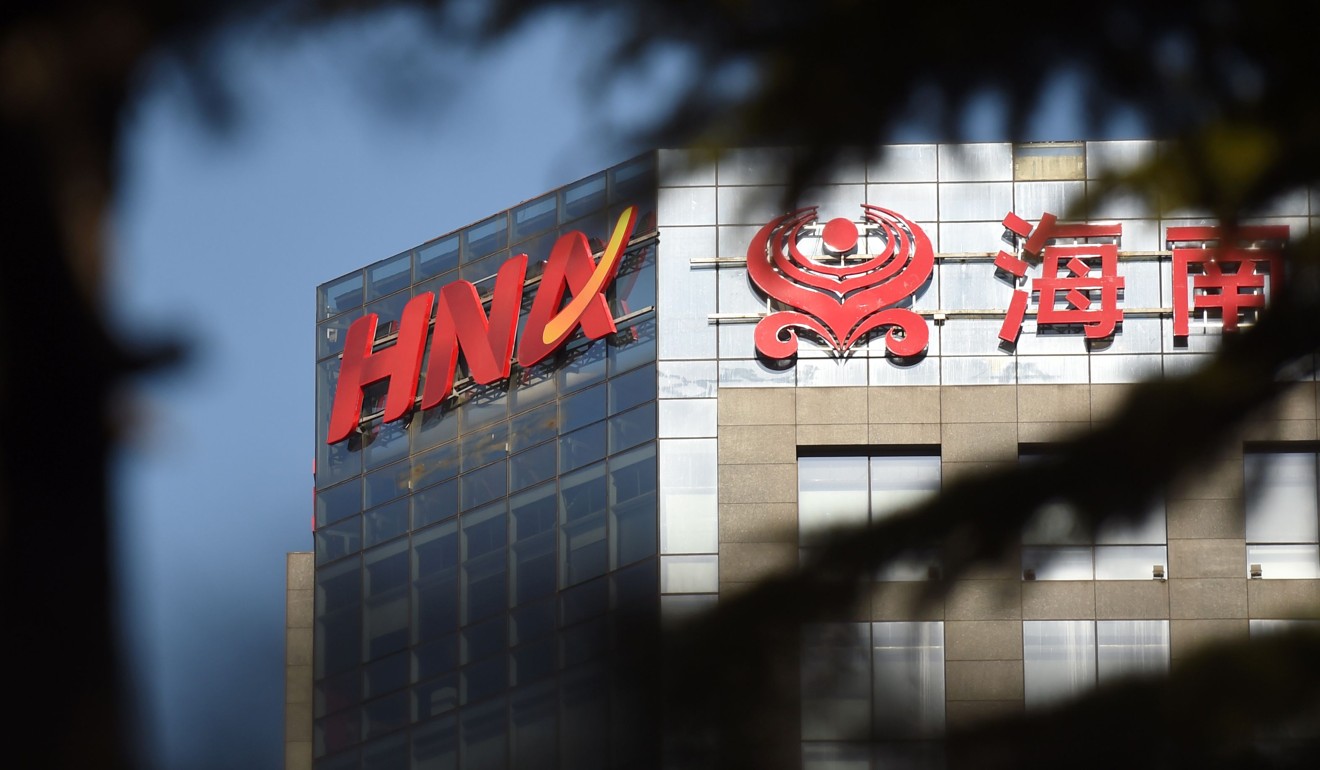
China sets new rules on overseas investment for its biggest deal makers
Revised system that comes into force in March aims to stimulate foreign deals while closing the door on ‘irrational’ capital outflows
New rules on outbound investment designed to close the loopholes some Chinese firms use to transfer capital out of the country will come into force in March.
In a directive released on Tuesday, the National Development and Reform Commission said that all foreign investment deals by Chinese firms, including those conducted by their overseas affiliates, must be reported through a new online, government-run information system.
Furthermore, all deals involving “sensitive” countries – those that no have diplomatic ties with China or are engaged in civil war – or sensitive industries – weapons manufacture and the media – will be subject to Beijing’s approval, the country’s top planning agency said.
The current regulations list telecommunications, land development and power grids as sensitive sectors.
In the case of non-sensitive deals, those valued at US$300 million or more must be registered with the NDRC, while those below that figure must be registered with local authorities, the statement said.
With the revised regulations Beijing is seeking to strike a balance between encouraging outbound investment to support its “Belt and Road Initiative” – an intercontinental trade and infrastructure development plan – and preventing an unbridled exodus of capital.

According to Wang Jun, chief economist at Hong Kong-listed Zhongyuan Bank, the new rules are about creating a clear operating framework for businesses seeking overseas expansion, rather than “simply blocking some deals”.
While the NDRC statement said that outbound business expansion should not damage the national interest, such “irrational investment has been largely curbed”, he said.
China began targeting “irrational” deals – often involving high-profile hotels, cinemas and sports clubs – after outbound investment last year rose to an all-time high of US$170 billion, causing the value of the yuan to slump and leading to massive capital outflows.
After President Xi Jinping described rampant outbound investment as a “national security matter”, the banking regulator this summer began scrutinising several of the country’s top private sector deal makers, including Wanda, HNA Group and Anbang.
The move worked. As the South China Morning Post reported last month, Wanda is currently seeking a buyer for its flagship property assets in London, which it values at US$5 billion.
According to figures from the commerce ministry, China’s outbound investment in the first 10 months of this year fell 40.9 per cent from the same period of 2016 to US$86.3 billion. In November alone the total rose 34.9 per cent – the first year-on-year increase of 2017 – as a result of the resumption of “normal” deals after a blanket suspension.
“[The government is now] trying to encourage normal international expansion without intruding into businesses’ operations,” Wang said.
In a statement explaining the rule changes, the NDRC said they were aimed at cutting red tape.
Most notably, the revision removes the requirement for Chinese firms involved in overseas deals valued at more than US$300 million to seek “pre-approval” from the commission before starting the bidding process.
China will support qualified firms to “go out” and guide the direction of investment, boost the belt and road plan, and promote international capacity cooperation, NDRC vice-chairman Ning Jizhe said at a forum over the weekend.

